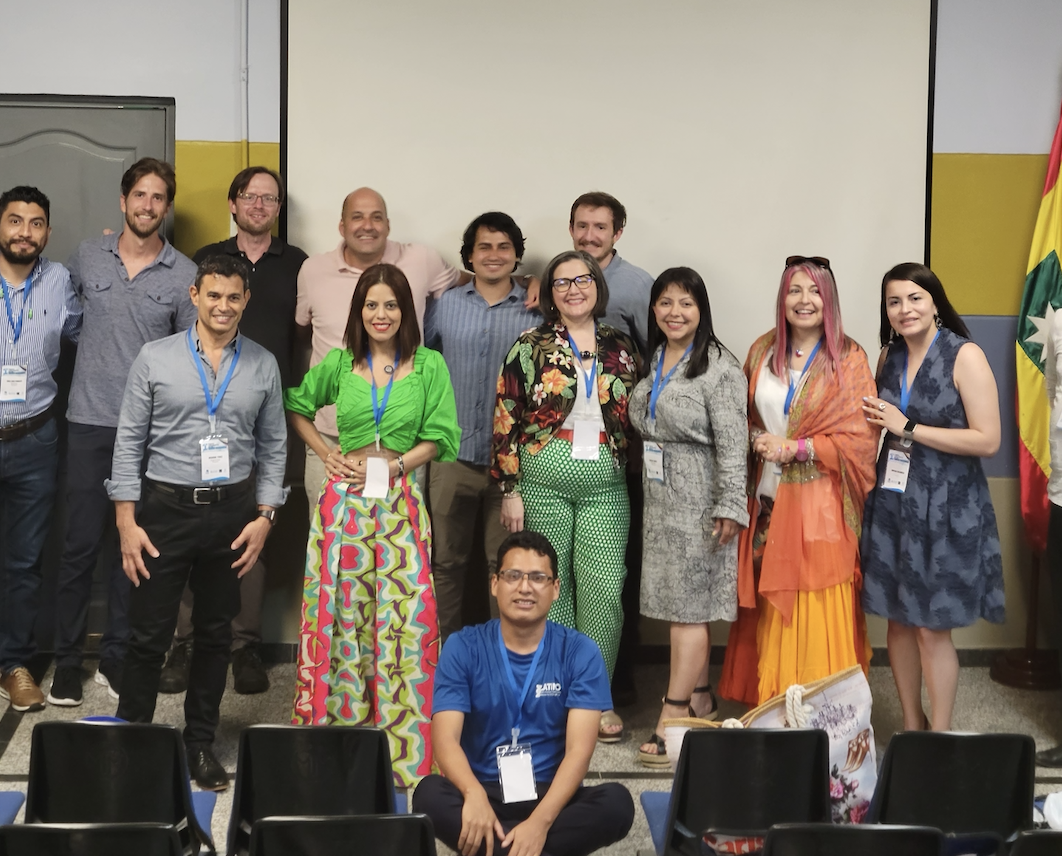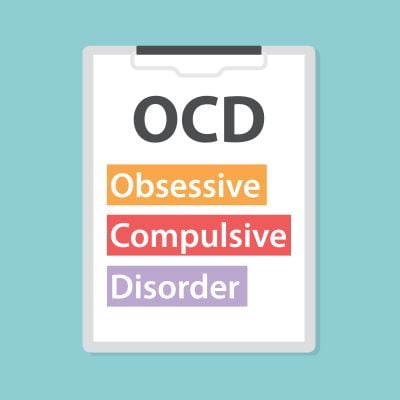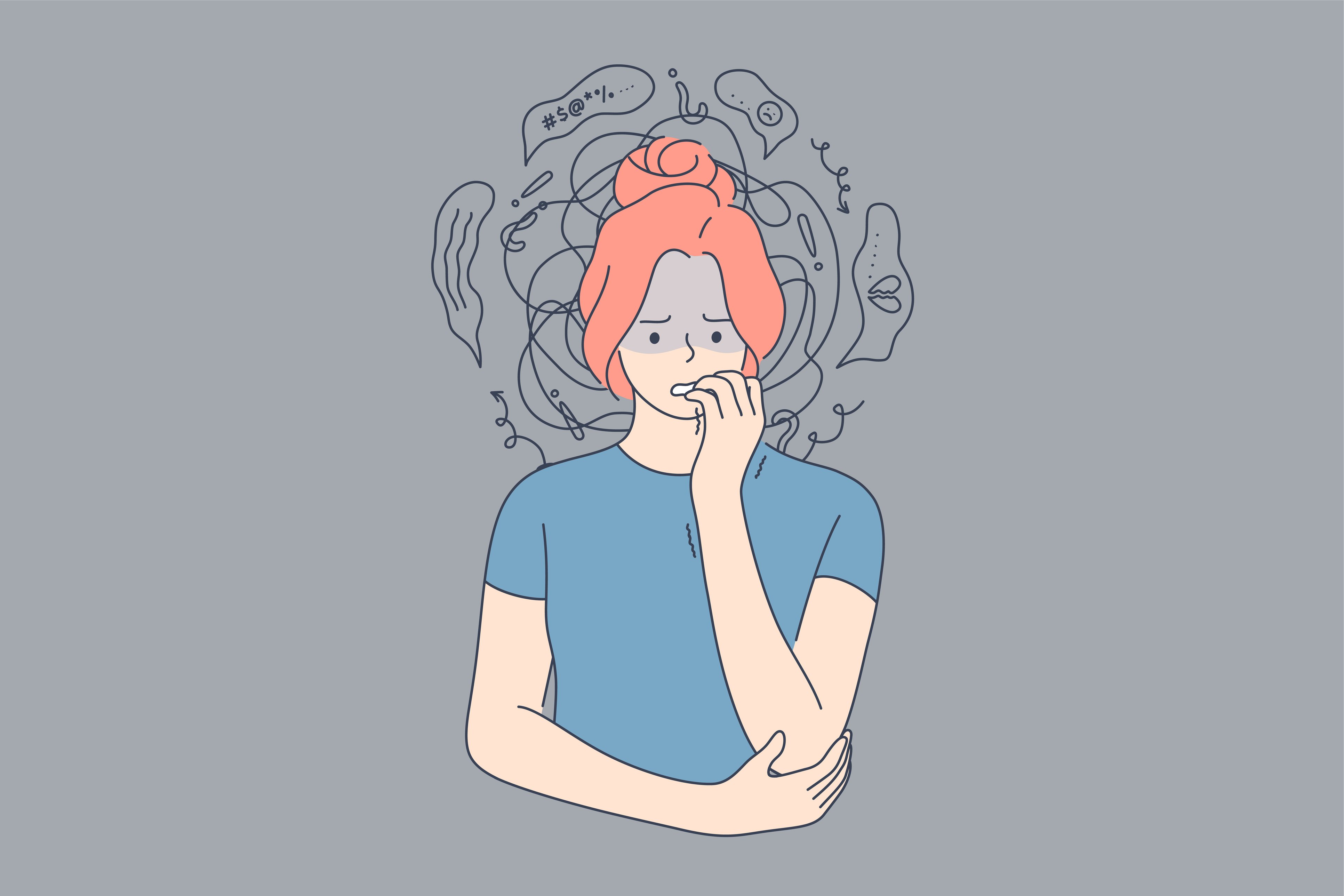LATINO Genomics Project
Eligibility Criteria
If you or your child have had, or think you might have, OCD and have at least one grandparent who identifies as Latino/Hispanic ancestry, we invite you to take our survey here.
State
Virtual
Researchers at Baylor College of Medicine, in collaboration with the University of North Carolina, are conducting an international study of obsessive-compulsive disorder (OCD) in Latin Americans, Hispanics and Brazilians.












